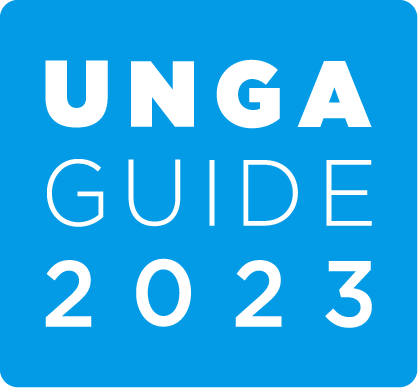
Towards Inclusivity in International Method Development for Biodiversity Assessment
The global loss of biodiversity has serious implications for human well-being and can intensify several of the negative facets of global climate change. Data from biological monitoring is the primary source of information to detect and quantify biodiversity loss, as well as to evaluate the effectiveness of biodiversity management actions such as ecological restorations. Many regions and countries do not have nationally accepted or geographically harmonized protocols or quality assurance in place for monitoring and biodiversity assessment and have limited capacity and administrative support for the broad-scale development of monitoring and assessment programs. The situation is especially challenging for many countries in the Global South that not only represent the bulk of global biodiversity but also host the most endangered fraction of it. Molecular methods such as eDNA for environmental and ecological studies and monitoring programs can support substantially support regional legislative aims and the UN Global biodiversity framework and aid the development and sustainability of environmental stewardship plans in various sectors. To facilitate uptake by agencies and industry, molecular (e.g. eDNA) methods must follow standardization and quality assurance measures.
International standardization has the potential to help individual countries lacking the capacity to entirely develop their own protocols and can overcome the incompatibility of produced results. ISO is a key international standardization organization that provides a pathway for consensus-driven standardization of, e.g. eDNA approaches. While countries and organizations/agencies in the Global North have started planning for molecular method standardization, it is imperative that all future biodiversity standardization efforts are more global and inclusive for the global South.
To help coordinate inclusive efforts dedicated task forces may be needed. For freshwaters, the IUCN Species Survival Commission (SSC) Task Force on Global Freshwater Macro-invertebrate Sampling Protocols (GLOSAM) aims to close gaps in method knowledge and application. Further, an International eDNA Standardization Task Force (iESTF) to coordinate and execute plans for establishing ISO standards for eDNA approaches formed to champion eDNA methods and standardization in different countries/regions/agencies.
This special session invites contributions from all actors involved in biodiversity assessment and biological monitoring to identify pathways and platforms needed to overcome specific biogeographic barriers to engage in the standardization of
i) sample collection methods, laboratory procedures and data treatment,
ii) central aspects of data quality and
iii) comparable bio-assessment schemes.
